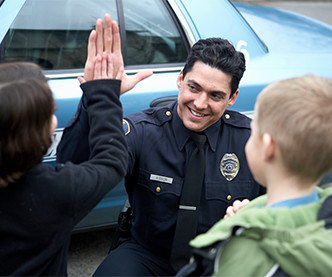The Inherent Synergies Between Servant Leadership and Situational Leadership®
The Center For Leadership Studies
SEPTEMBER 12, 2021
Servant leadership is a philosophy that was developed in the early 1970s by Robert Greenleaf. A philosophy, as we know, is a filter of sorts that informs how to process events, develop perspective and make decisions. Suffice to say, when servant leadership was unveiled, it caused quite a stir. What were their needs?













Let's personalize your content